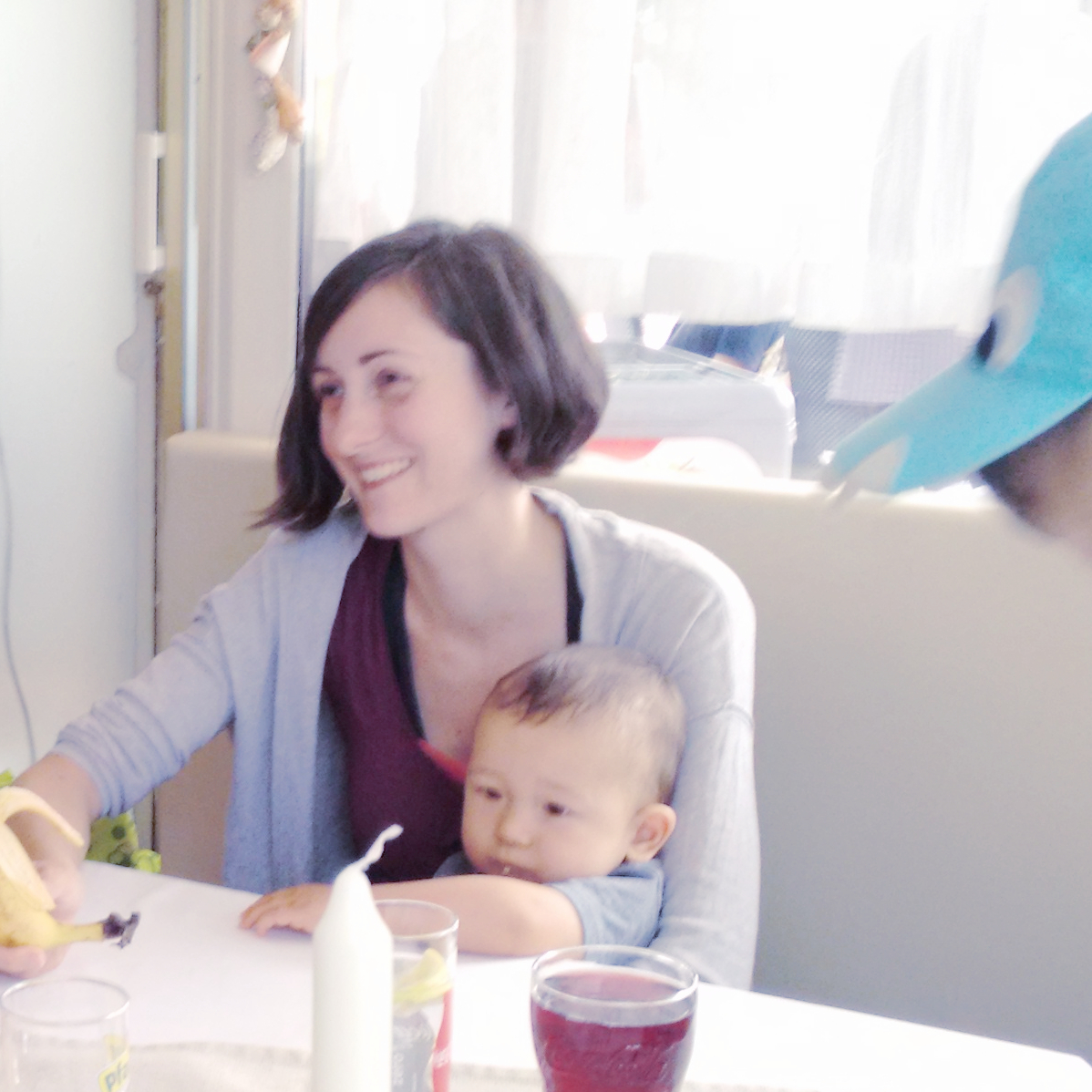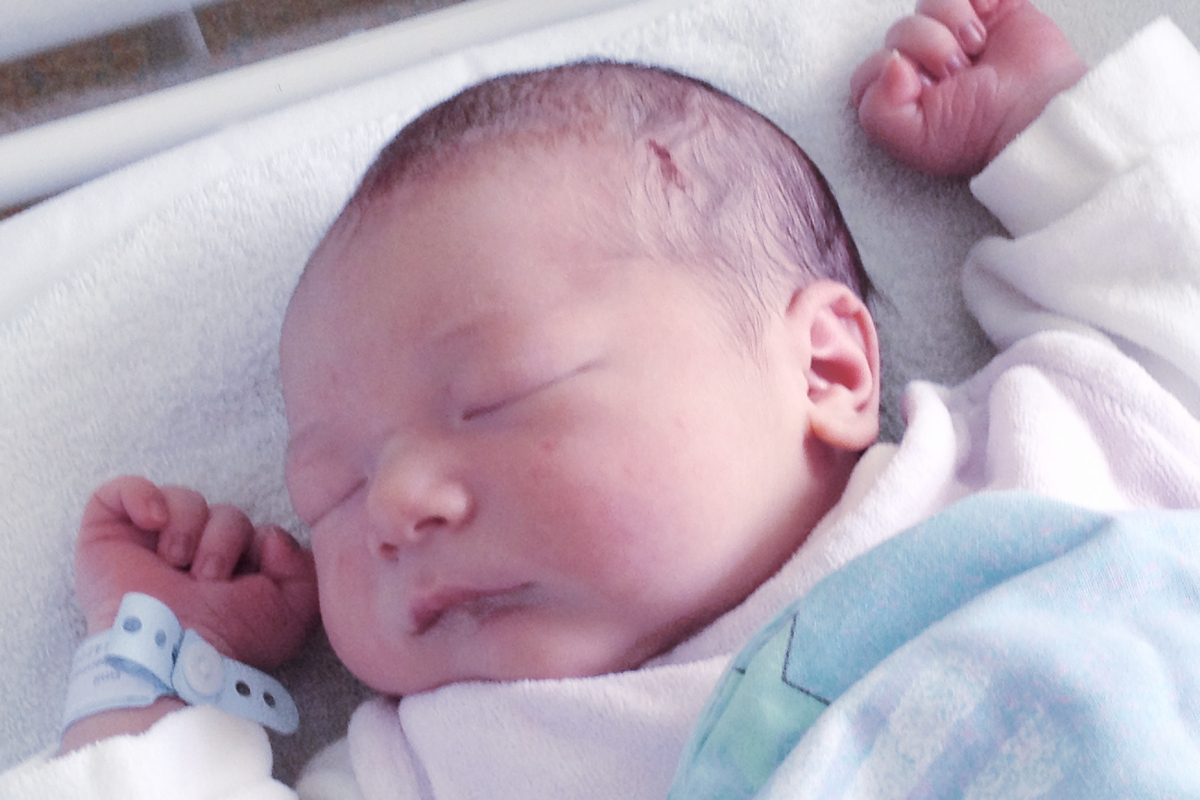articles
China Elevator Stories
Role Reversal: When a Chinese Grandmother Raises Your Child
Chinese grandmothers often compete with their daughters-in-law over the role of the mother.
24/12/2024

Ruth Silbermayr
Author
Today, we face an alarming trend in Austria: courts, youth welfare services, and other institutions increasingly view mothers as irrelevant, incapable, and the “lesser parent” compared to fathers.
In my generation, our mothers typically took on the primary role of raising children. They were responsible for childcare, housework, cooking, and playing with their children. This pattern seems to hold true for many parents in my generation as well. Most often, mothers are the ones who take time off after birth to care for their babies, which can make it challenging for them to reenter a workforce that doesn’t readily accommodate their needs or to resume their career track after a break for childcare.
Research shows that children who have a parent spend time with them (when that parent is non-abusive) tend to grow up happier, more content, and more likely to become whole, well-adjusted adults.

While it’s common in Austria for a parent to take care of their child (sometimes with the help of a grandparent), in China, children are often raised primarily by grandparents. This practice is shocking to me. Grandparents can be wonderful to have around, and I have fond memories of my maternal grandmother, who stepped in to help my parents when another sibling was born or whenever needed. However, she never took on the role of the mother, and there was no competition between her role and my mother’s.
In China, however, competition over this role can be fierce, with some women losing custody of their children to paternal grandmothers. For children, this can cause trauma so profound it’s hard to ignore. In adoption cases, some parents give up their children voluntarily, while others do so involuntarily. I view my own case as an illegitimate adoption of my children by their Chinese grandmother, carried out without my consent.
Several Chinese people my age have told me how children were often passed to other relatives, such as an aunt who didn’t yet have children and could therefore register a child on her husband’s hukou.
It’s easy to see how the view that a mother should raise her own child may have shifted for many, especially when survival concerns led to pragmatic decisions about who would care for children. For some parents, giving birth to a second child was the option they chose over having an abortion, even when it meant they couldn’t legally raise the child as their own.
Another common scenario involves Chinese grandmothers taking children away from their mothers. We know of the “left-behind children” phenomenon in China, where parents seeking employment in large cities leave their children with grandparents in the countryside, often seeing them only once a year. In these cases, we frequently assume that Chinese parents do this voluntarily, but we don’t know how many women were pressured into leaving their children with paternal grandparents due to economic constraints or lack of options.
When a Chinese heir is born, a power struggle often arises between the maternal and paternal family lines—a struggle that occurs not only in rural China but also in cities. Men, along with their parents, frequently rob mothers of physical custody of their children, often against the mother’s wishes. Many Chinese women find themselves unable to access their children once a situation like this unfolds, feeling isolated and powerless, sometimes far from their own family and are forced to hand over their children to paternal grandparents.

In some cases, maternal grandparents care for a grandchild alongside paternal grandparents to keep an eye on the child and prevent the paternal grandparents from taking full custody. Some of the women I have met have arranged for only their own parents to help with caretaking, knowing how common it is for children to be removed from their mothers by paternal grandparents in China. In situations where both sets of grandparents care for a child (often meaning all seven people live together), several of my students have described the challenges of six people—two parents and both sets of grandparents—competing for a single child. For children, constant conflict is certainly not a positive experience.
Chinese society lacks sufficient support to address situations in which grandparents take children from their mothers. Many in China see nothing wrong with children being raised by grandparents rather than their mothers, even when the mother is alive and a capable parent. Although China has implemented legal measures to prevent the kidnapping or hiding of children during a divorce, in practice, women still face unequal treatment and often struggle to exercise those rights. Unless a mother is aware of potential conflicts with grandparents in advance, it can be too late to take preventive measures. Chinese parents often must return to work soon after childbirth, with grandparents frequently stepping in as primary caregivers to enable the parents to provide the financial support needed to raise a child. When divorce appears likely, the paternal side of the family may conspire, as happened in my case, to keep the child within the paternal family and separate the child from the mother.
When a child stays with the father instead of the mother, the father is often absent and relies on his own mother for childcare. Many Chinese men around my age, having grown up as only children, were spoiled and may not be mature enough to take responsibility for their own children, often leaving this responsibility to their mothers.
One of my students at Jilin Normal University once told me: “If I marry, I will belong to my husband’s family. They will be my family instead of my own family. His parents will be my parents instead of my own. This is how things are in Jilin province.”
Families in Jilin province are frequently said to hold more traditional views of family roles than in certain other areas of China. Women are often seen as belonging to the husband’s family after marriage and are expected to leave behind their own families. I was surprised when Chinese women told me they were willing to do this happily, though some later regretted it if they found themselves isolated in an abusive marriage or had their children taken from them by paternal grandparents.
Have you ever heard of infant abandonment in China?